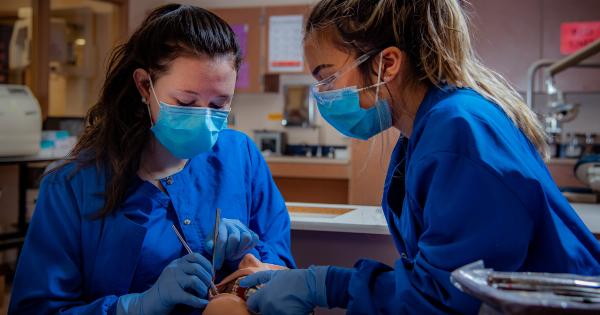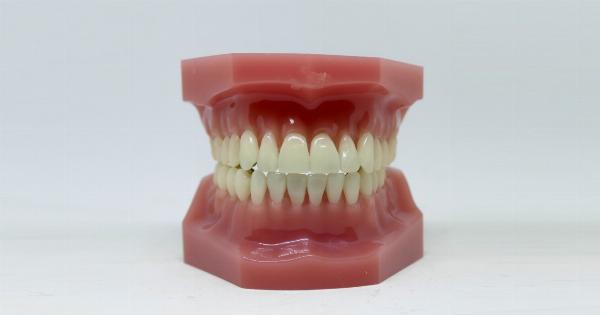Fluoride is a mineral that can be found in water, soil, air, and some foods. It is widely known for its ability to strengthen teeth and make them more resistant to tooth decay.
Fluoride works by preventing the loss of minerals from teeth and reversing early signs of tooth decay. Fluoride treatments can also help repair early-stage tooth decay before it progresses into more serious dental problems.
What is Fluoride?
Fluoride is a mineral that naturally occurs in water, soil, air, and some foods. It is added to most dental products such as toothpaste, mouthwash, and even water supplies to help prevent tooth decay.
Receiving fluoride treatments from your dentist can also help strengthen your teeth.
How Does Fluoride Work?
Fluoride helps strengthen your teeth enamel, which is the hard, outer layer of your teeth. When you eat or drink sugars, bacteria in your mouth produce acid that can weaken your enamel and lead to tooth decay.
Fluoride helps to prevent this loss of minerals from the teeth and can reverse early signs of decay by helping to remineralize weak spots in the enamel. By strengthening your teeth, fluoride can help prevent cavities and other dental problems.
Who Needs Fluoride Treatment?
Fluoride treatment is suitable for people of all ages, especially those at a higher risk of developing tooth decay.
This includes children, teenagers, and senior citizens, as well as people who have dry mouth conditions or gum disease, which can leave teeth susceptible to decay.
Types of Fluoride Treatment
Fluoride treatment can be given in various ways, and the type of treatment you receive will depend on your individual needs. Here are some common types of fluoride treatment:.
Fluoride Toothpaste
Fluoride toothpaste is the most common form of fluoride treatment and is available over-the-counter in most drugstores.
It is recommended that you brush your teeth twice a day with fluoride toothpaste that has received the American Dental Association (ADA) seal of approval.
Fluoride Mouthwash
Fluoride mouthwash is another option to provide extra fluoride after brushing your teeth. It is best to rinse with fluoride mouthwash after brushing and spitting out the toothpaste.
This helps with the uptake of the fluoride and can help prevent tooth decay.
Fluoride Varnish
Fluoride varnish is a coat of fluoride that is applied to the teeth. The varnish adheres to your teeth and helps protect them against decay. Your dentist will apply a thin layer of fluoride varnish with a brush and let it dry.
You’ll be advised not to eat or drink for 30 minutes after the application to allow the fluoride to be absorbed by your teeth.
Fluoride Gel
Fluoride gel is another option for those at higher risk of developing tooth decay. The gel is applied to the teeth with a tray that is placed over them.
The process is quick and painless and provides a high concentration of fluoride that is more effective than toothpaste or mouthwash. Fluoride gel treatments are typically done at your dentist’s office.
Is Fluoride Treatment Safe?
Fluoride treatment is safe when used in the recommended amounts. Overexposure to fluoride can lead to fluorosis, a condition that causes white streaks or spots on the teeth.
However, fluorosis only occurs when too much fluoride is ingested before the teeth fully develop, which is why it is especially important that children use fluoride toothpaste in moderation and under adult supervision.
Conclusion
Fluoride treatment is an effective way to strengthen teeth and prevent tooth decay. By providing an extra layer of protection on top of your normal dental hygiene regimen, you can give your teeth the best chance to stay healthy and strong.
Consult with your dentist to determine the type of fluoride treatment that best fits your needs to obtain the maximum benefits.






























